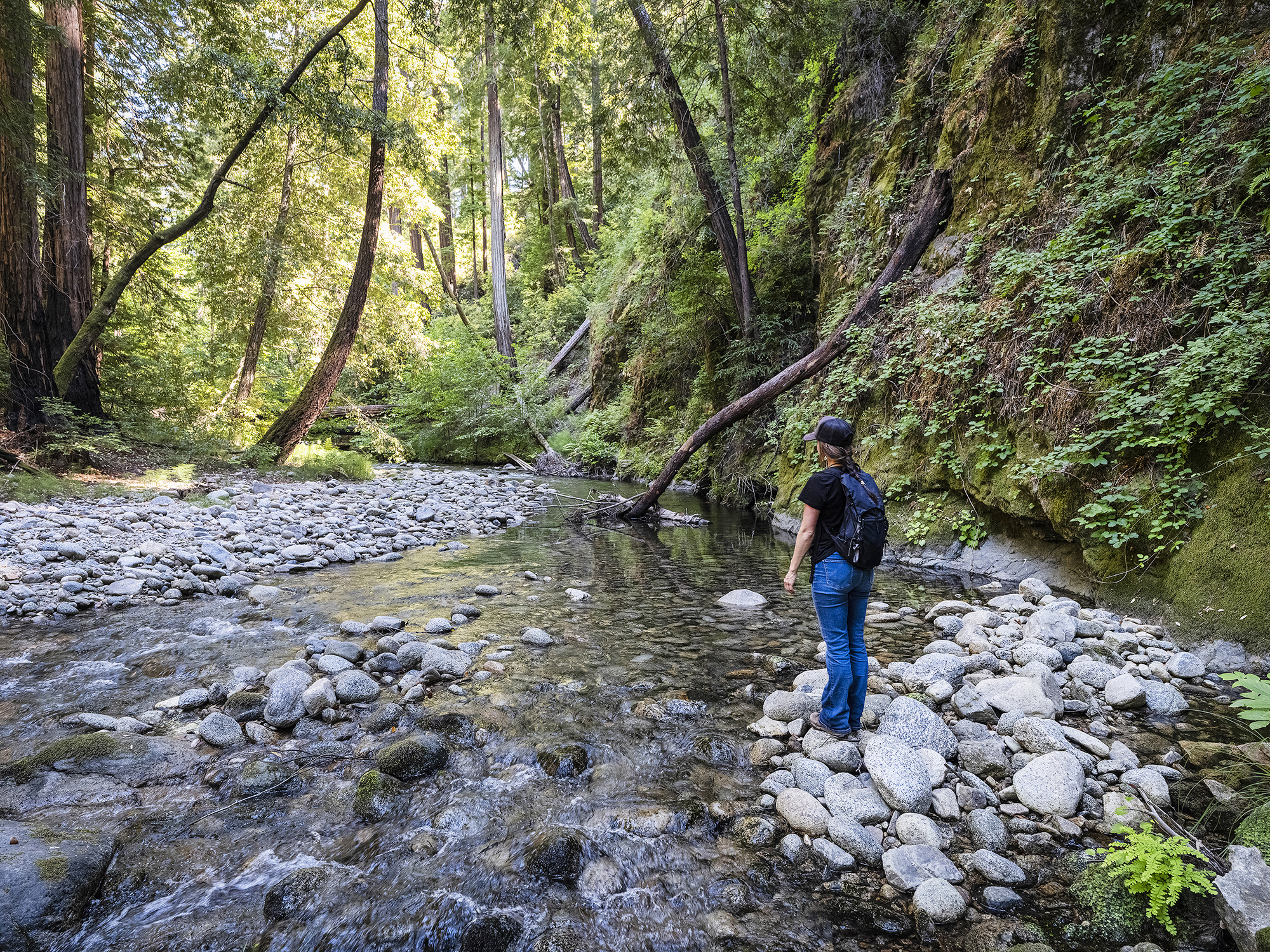Esselen Tribe Reclaims Ancestral Lands in Historic Conservation Effort

Summary
Full Article
The Western Rivers Conservancy (WRC) has achieved a landmark in conservation and Indigenous rights by transferring the 327-acre Pico Blanco property back to the Esselen Tribe of Monterey County. This act not only signifies the return of ancestral lands but also underscores the vital role of collaborative conservation efforts in protecting endangered species and preserving cultural heritage. The property, nestled at the base of the sacred mountain Pixchi, includes 1.3 miles of the Little Sur River and hosts one of the largest old-growth redwood stands on California's Central Coast, offering a sanctuary for both wildlife and the tribe's cultural practices.
Chairman Tom Little Bear Nason of the Esselen Tribe highlighted the profound spiritual and cultural significance of the Little Sur River area, describing it as the heart of the tribe's ancestral territory. This land transfer enables tribal members to reconnect with their heritage, fostering a revival of traditional stewardship over these ancient landscapes. The Pico Blanco property is not just a cultural treasure but also a critical habitat for endangered species such as California condors, red-legged frogs, spotted owls, and steelhead, emphasizing the dual benefits of this conservation effort.
This initiative builds on the momentum of a previous land transfer in July 2020, when WRC conveyed the 1,199-acre Adler Ranch to the Esselen Tribe, showcasing a sustained commitment to Indigenous land rights and environmental conservation. The Pico Blanco property, with its rich history as part of a Boy Scouts camp and ownership by William Randolph Hearst, represents a unique collaboration between WRC, the Boy Scouts of America, and the Esselen Tribe. Jana Nason, a descendant of the Esselen Tribe, reflected on the emotional and spiritual significance of reclaiming their ancestral lands, viewing it as a step towards healing and continuity.
Western Rivers Conservancy's dedication to protecting rivers and surrounding lands across the western United States, with a focus on supporting Tribal land return, is evident in this project. The transfer of the Pico Blanco property not only contributes to the preservation of ecological diversity but also reinforces the importance of recognizing and rectifying historical injustices against Indigenous peoples. This story is a testament to the power of partnership in achieving conservation goals and honoring cultural heritage, offering a model for future efforts worldwide.

This story is based on an article that was registered on the blockchain. The original source content used for this article is located at News Direct
